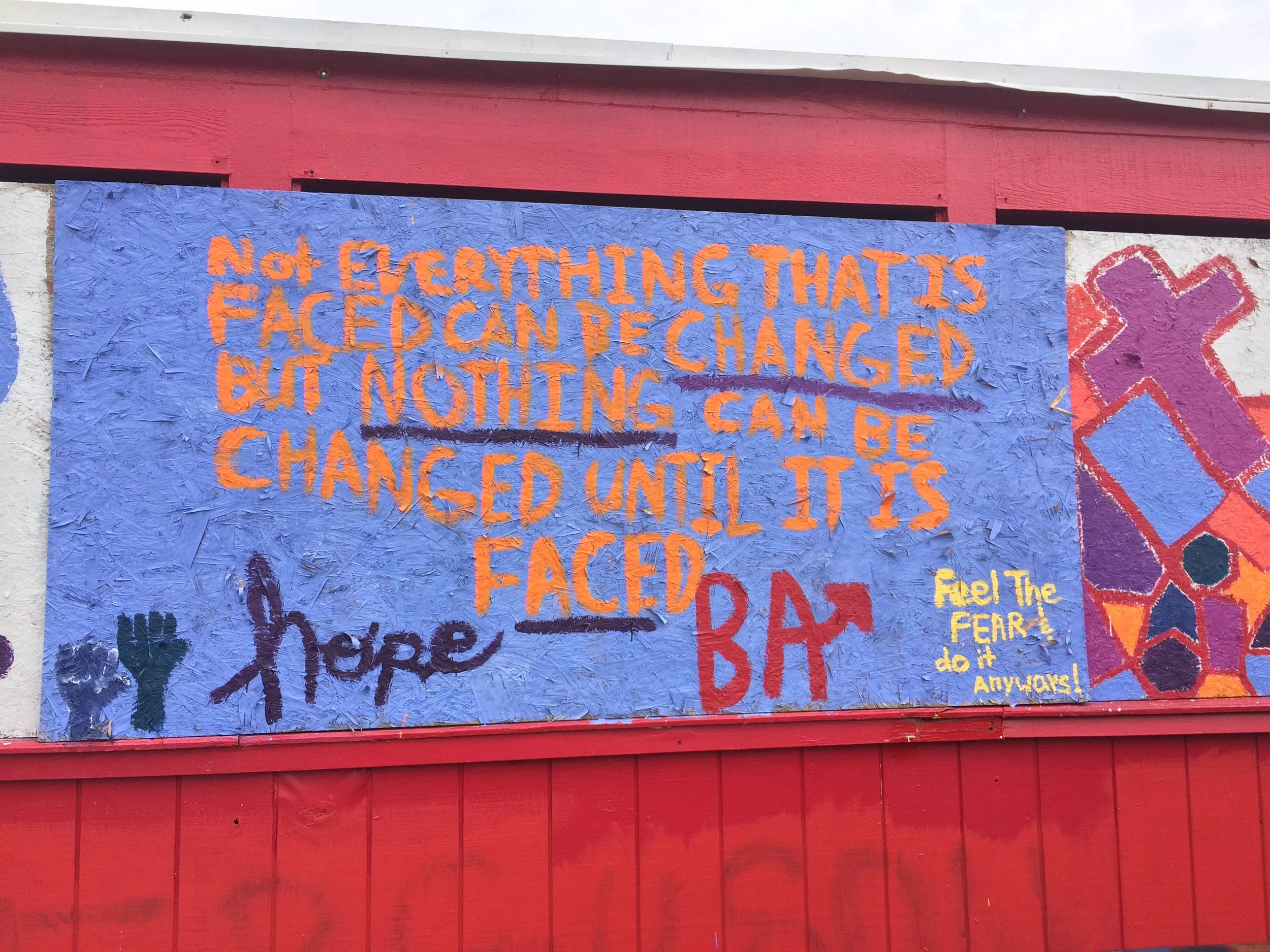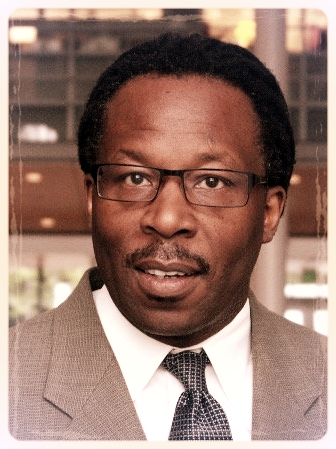I’ve started using the term “passive progressivism” to describe the political climate in Seattle, and I’m finding it fits all too well. I didn’t make it up, but I’m not sure where I first heard it either. Maybe Stephan Blanford coined the phrase?
Regardless, it encapsulates our city’s split personality all too perfectly. In Seattle, we’re liberal. We’re progressive. There’s no question about that.
"We love our Muslim neighbors,” our yard signs say, but we don’t actually know them. Honestly, in most places, those neighbors don't even exist. They've just been invented by the signposts standing proudly in yard after yard after yard occupied by white folks in our mostly segregated city.
It means that, as a whole, as a city, we’re progressive when it’s comfortable. We’re politically bold when it’s convenient to be so. We’re part of the resistance when we’re not feeling threatened.
It plays out vividly in the education sector, where an unwillingness to question the teachers unions (because unions and workers’ rights are liberal lynchpins, and we’re unquestioningly liberal, damn it!) has led to odd power dynamics. The teachers unions are extremely invested in the status quo. The students, meanwhile, are not nearly as well-represented. The unions do their work well, and it leads to adult-friendly systems that lack urgency when it comes to fixing inequity.
Seattle is one of the whitest major cities in America, and King County is the whitest of our country's 20 largest counties. Our passive-progressivism plays out as a case study in privilege, illustrating how well-meaning liberal parents often actively support our racist systems.
Seattle’s schools are working for the white students, for the most part. As a result, the problems of inequity that plague our education system is invisible to the mostly wealthy, mostly white voting bloc that makes and influences the city’s decisions. The city’s decisions, then, are focused not on advancement toward genuine equity, but on stable, cozy passive-progressivism, which acknowledges racial discrimination as it arises but does not urgently work to address it. It’s a philosophy that allows us to carry on guilt-free without ever working like our hair’s on fire to close our gaps and our systems of oppression.
It’s also a philosophy I’ve shamefully used many times in my personal life. It’s easy to hide in the gray space between acknowledging problems and actually making things change. I’ve been known to live there from time to time.
It’s easy to be quiet when we see things we know are wrong. It’s hard to stand up and face the consequence of intervening, instead letting the consequences fall to those being wronged.
It’s just as easy to take it slow and make non-boat-rocking tweaks to a system that needs to be upended. It’s hard to do the work of disrupting a monolith’s momentum.
And that’s important, because that’s what it takes. Work. Action. Disruption. Discomfort. It’s not enough to just reject racism in principle. Awareness isn’t enough. “Wokeness” isn’t enough. And if all the white families on Seattle’s north end are applauding your proposed changes, guess what — it’s probably not enough to truly change anything.
It’s not enough to simply know about the opportunity gaps in our schools and the implicit biases our teachers carry into the classroom. It’s not enough to be aware of the systems that perpetuate these gaps if we aren’t actively working to dismantle them, at least within our own walls.
Passive progress isn’t real progress, it’s just forward momentum. If we want to shape the kind of equitable future we’re imagining, we need Seattle to be defined by its progressive activism. And that means we — you and me and the people around us — need to be active in our progressivism.
Of course, progressive activism is no picnic. Things get really uncomfortable. It means we have to do different things than we’re used to doing, say different things to people. It’ll cause rifts in friendships and workplaces and most definitely in families.
It’s hard.
It’s hard realizing that we have to do this ourselves. But we do.
If we don’t do it, we’re just passive progressives. Our kids, our families, our teachers — everyone in this city deserves better than that.


















